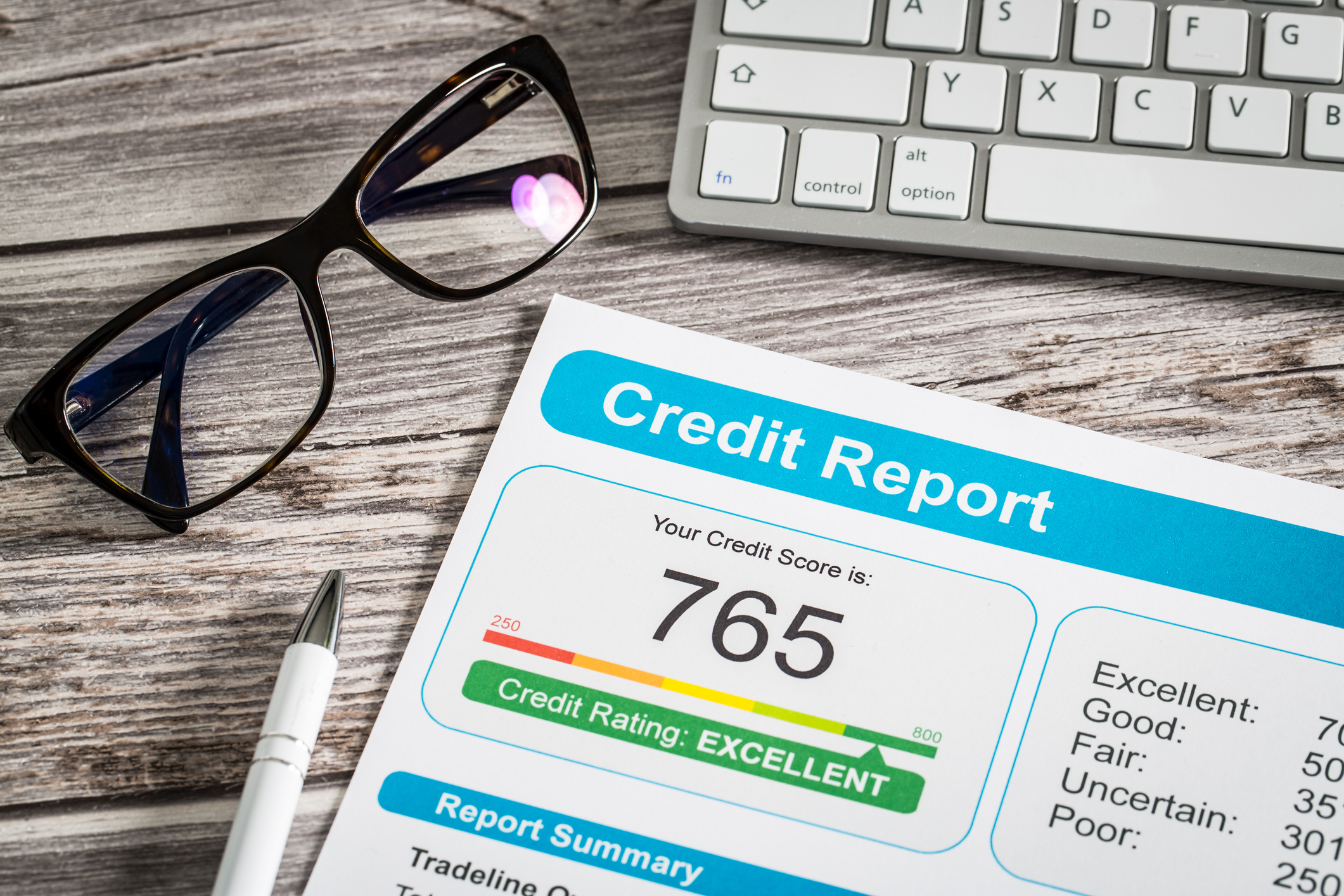Many consumers are confused about credit. A 2016 survey from the Consumer Federation of America (CFA) and VantageScore Solutions, LLC, found more than 80% of consumers know the basics of credit scores. But they’re still lost when it comes to some important details. To alleviate some of the confusion, here’s a few short answers to some common credit questions.
Building Credit
Payment history, credit utilization, length of credit history, new credit, and credit mix are the five fundamentals that determine your credit score. Use credit sparingly and make payments on time. It takes years to build good credit, but it’s worthwhile to be patient.
Is it ever too late to build credit?
No. It’s always worth trying to improve, because your credit score can affect you for your entire lifetime.
Student loans impact
Making payments on time will measure positively. Late or missed payments will always affect your score negatively.
How do you get credit?
Find a secured credit card or other line of credit designed for people with bad or no credit. Use sparingly and make the payments on time. You can also try becoming an authorized user on someone else’s account.
FICO score
FICO is a data analytics company that specializes in credit scores. A FICO score uses a range of 350 – 800, with 800 being the very best score you can receive and 350 being the lowest. It’s just one of the many credit scores used by lenders. Most are based on the five credit fundamentals we’ll review in this article.
A good credit score
Good credit is generally considered a score of 700 or higher.
10 things to know about credit
- Credit Reports Differ From Credit Scores
A credit report is a standalone document, and a credit score is calculated based on information in a credit report. Credit scores are calculated using the information on your credit reports, which includes details of your credit accounts, how often you apply for credit, debt collection accounts, and some public records, among other things. - 5 Core Factors
Those factors are: payment history, credit utilization, average credit age, account mix, and inquiries. Payment history accounts for roughly 35% of your credit score. Approximately 30% of your credit score is based on the amount of debt you’re currently carrying—which means the amount of money you currently owe to your creditors. Roughly 15% of your score, this section measures how long you’ve had credit, or the length of your credit history. Comprising 10% of the points in your credit score, this section looks for a healthy mix of credit accounts, different types of accounts, including credit cards issued by a retail store, home equity lines of credit, auto loans, etc. This section accounts for 10% of the points in your credit score. Whenever you apply for credit from a lender, a hard inquiry (explained below) posts to your credit report. - Free Scores and Reports
Individuals are legally entitled to a free copy of their annual credit report from each of the three major credit reporting agencies: Equifax, Experian, and TransUnion. You can obtain your credit scores for free from different places, including many websites that offer this service. - Checking Your Own Score
Only hard inquiries, when a lender looks at your credit when you apply for a loan or credit card, negatively impact your scores, and the effect is small and temporary. - Differing Scores and Credit Ranges
If you want to know where you stand or if your credit is improving, make sure you are comparing the exact same score and that you know the range. Wherever you obtained the score should provide that information. For example, a 750 FICO score is not necessarily equivalent to a 750 on another scoring model. - Beware of Fraud
If someone takes out credit in your name or incurs a large amount of credit debit on your account, it will appear on your credit report and affect your credit score. Watch your score for changes you did not anticipate. - Low Score Impacts
A low credit score means you’ll have to pay higher interest rates on things like credit card balances and mortgages, if you can get them. - Joint Accounts
If you open a loan or credit card with another person, the account activity will be reflected on both your credit reports. Joint accounts are different than authorized users, but whenever you share credit, be aware of who is responsible and who is affected if a payment is missed. - Negative Ages Off
Different kinds of negative information will remain on your credit report for different periods of time, a bankruptcy is an exception to this, for example, but generally, negative information ages off your report and no longer affects your score after 7 years. - Credit Scores Aren’t the Only Things That Matter for Lending Decisions
A credit score isn’t the only thing lenders consider when reviewing applicants. If you have no credit or poor credit, you may be able to secure a loan through an alternative lender, and in some situations, making a personal appeal or giving a lender more context to your credit report can help you access their loan programs.





